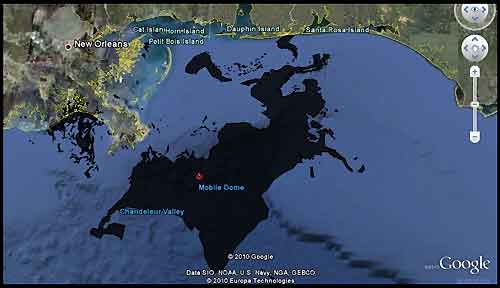Before the Big Spill
Publication Type:
Web ArticleSource:
Slate (2010)URL:
http://www.slate.com/id/2252931/Keywords:
pressNotes:
Slate is a general readership online magazine offering analysis and commentary on politics, news, and culture. It was bought by the Washington Post from Microsoft in 2004.
In the last half-century, three major oil spills have significantly marked American politics—the 1969 Santa Barbara, Calif., spill, the 1989 Exxon Valdez spill, and now the 2010 spill in the Gulf.
They have a striking thing in common: Each occurred after the oil industry successfully resisted demands for safety improvements that would have greatly reduced the damage the spills caused.
The Valdez spill invigorated institutional investors and environmental activists to press companies to adopt the Ceres Principles, a new code of corporate environmental conduct. The accident also brought the passage of the Oil Pollution Act of 1990, which barred the Exxon Valdez ship and others involved in oil spills from operating in Prince William Sound.
See: CiCi O'Donnell. July/August 2010. The Loma Prietan | Sierra Club. "Forty-one Years Later, Have Things Changed?". Section titled, "Political Fallout." Halfway down the page: Eventually, Secretary of the Interior Walter J. Hickel admitted partial responsibility for the permit that allowed Union Oil to use the inferior casing that caused the leak.
See: Pew Environment Group (PEG) Factsheet: Industry Opposition to Government Regulation (PDF), October 14, 2010. Article explains the industrial resistance to govenment regulation in the fields of acid rain, asbestos, airbags, catalytic converters, seat belts, lead paint, etc.
For decades, corporations and their trade associations have opposed regulations aimed at protecting human health and the environment. Industry has repeatedly argued that the cost of complying is too high, the benefits to society don’t justify the investment, or the regulations will cost jobs. When regulations have been implemented, however, the compliance costs have proved to be less and the benefits greater than industry officials predicted.
See: National Commission on the BP Deepwater Horizon Oil Spill and Offshore Drilling | Mixplex






